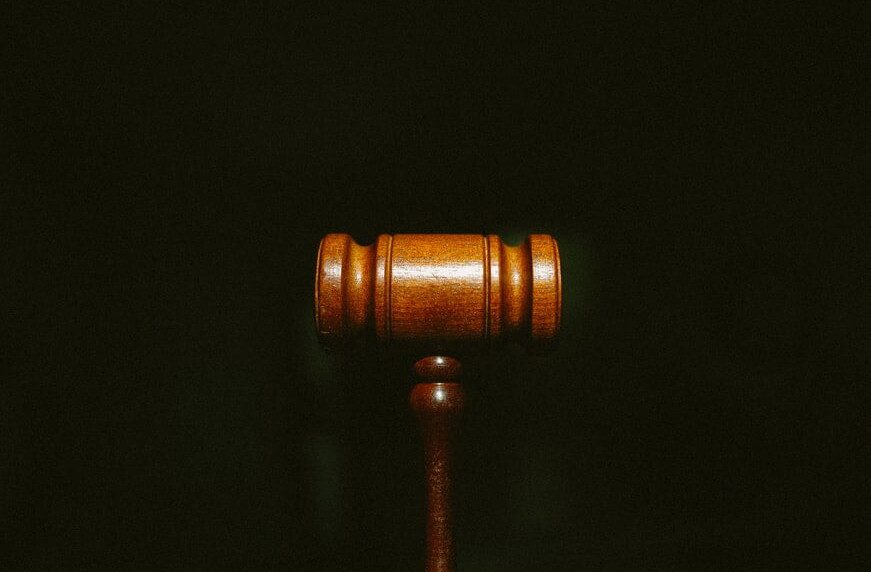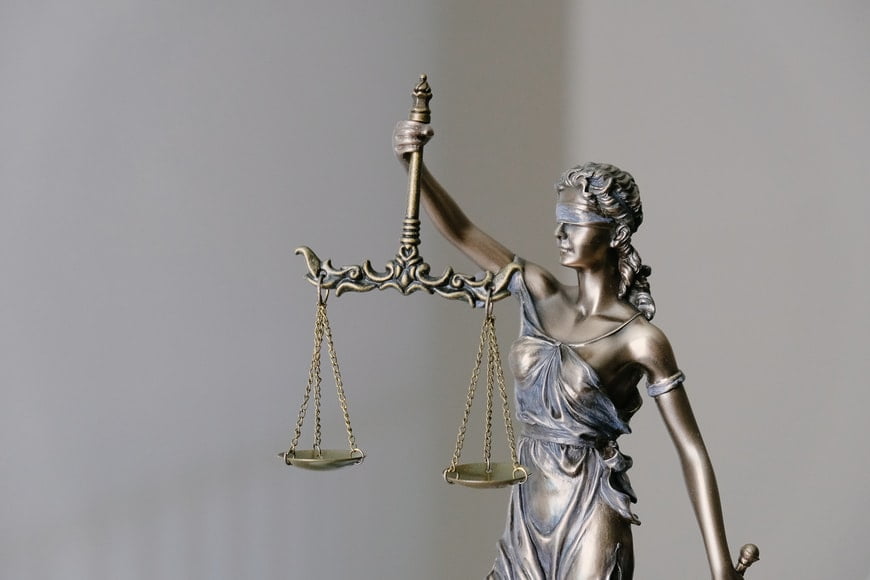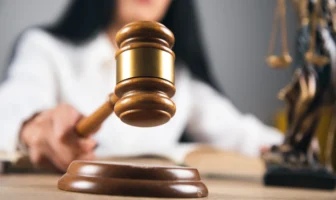
If one has never been involved in a criminal case before as a suspect, witness, or victim, the court hearing may sound complex. This article explains the process from the beginning of the trial to the end. It is important to consider that the court experience will change depending on the individual’s position. The following list will explain the process through which a case generally progresses.
Committed Crime
There cannot be a criminal case without a crime. This is the part where a crime is acknowledged, and police are notified. There can be various criminal offenses, ranging from something as minor as speeding and as major as murder.
Police Investigation
Once the crime has been acknowledged, the police and law enforcement authorities will investigate the crime. This may include evidence from the site of crime and videoing or photographing the crime scene. They will also try to collect witnesses and/or victims (if any).
Arrested Suspect
The suspect will then be arrested by police officers, followed by criminal prosecution. A police officer may arrest a person if the police witnessed the person commit a crime or there is enough evidence for the police officer to believe that the person is a criminal. The police can also arrest the person if the authorities issue a warrant for their arrest. After arresting and booking process, the suspect will be kept under supervision until further notice.
Court Hearing (Arraignment)
After the arrest, the suspect is allowed to defend themself in court. During this period, the judge will analyze the case as well as other relevant documents.
Trial
The trial is the decision-making part of the court system. The judgment is passed after the court hearing based on the evidence, witnesses, and other elements. The prosecutor, in court, is responsible for providing enough evidence to prove that the suspect is guilty of the crimes they are charged for.
In various cases, the defendant has the right to ask for a jury trial if they choose to do so. A judge or a jury will make the final decision of finding the defendant guilty or innocent by listening to statements of witnesses, victim, defendant’s reasoning or defense, as well as the evidence.
Sentence
This is the part where an appropriate punishment is determined for the criminal. The number of factors collected during the trial will be taken into consideration and the defendant’s history like a probation violation as well. They will also consider the severity of the crime as it can influence the sentence.
Appeals
Sentencing may not be the exact end of a criminal case. After the trial and sentencing, the suspect can still ask for their case to be reviewed by a higher court. Although it will not lead to another trial, it will allow the defendant to explain the errors made by the previous judge or jury.
If you are facing any legal issues, then it is best to contact an experienced attorney. A criminal lawyer in Knoxville will not only help you out but also provide you with information and explain the process in detail.
Read Also:































